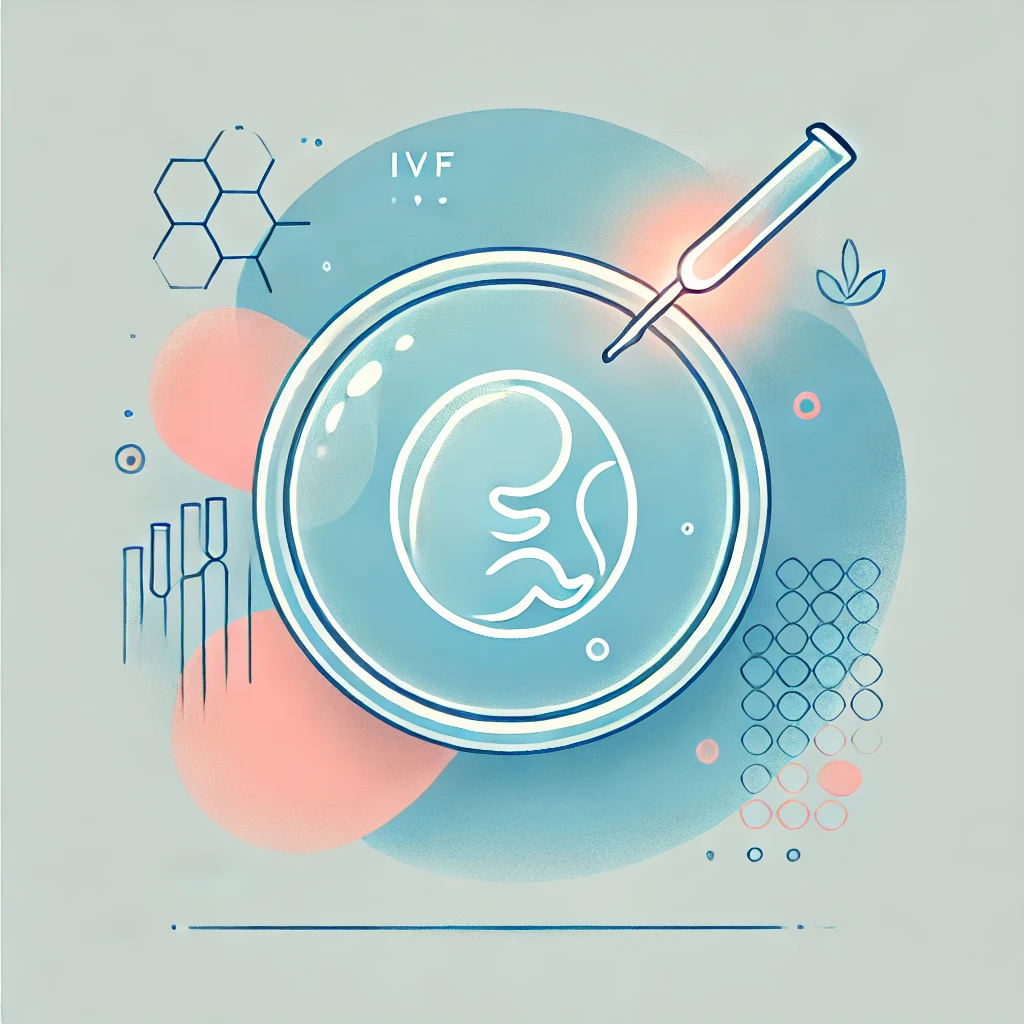Why Did Our First IVF Cycle Fail, and What Can We Do Differently Next Time?


Understanding IVF Cycle Failure and Improving Success
| Reason for IVF Failure | Potential Solution |
|---|---|
| Embryo Quality Issues | Consider preimplantation genetic testing (PGT) or improving lifestyle factors affecting egg/sperm quality. |
| Implantation Failure | Investigate uterine health, endometrial receptivity, or consider an endometrial scratch procedure. |
| Egg Retrieval Challenges | Adjust ovarian stimulation protocols or explore donor egg options if needed. |
| Sperm Quality Problems | Use advanced sperm selection techniques like MACS or microfluidic sorting. |
| Underlying Medical Issues | Treat underlying conditions like polycystic ovary syndrome (PCOS) or endometriosis before the next cycle. |
An unsuccessful IVF cycle can be disheartening, but it’s important to remember that failure is not uncommon and often provides valuable insights for future success. Understanding the reasons for failure and identifying strategies for improvement can significantly enhance your chances in subsequent attempts. In this article, we’ll explore the common reasons for IVF failure, how they are addressed, and actionable steps to take for a better outcome next time.
Common Reasons for IVF Cycle Failure
1. Embryo Quality Issues
Embryo quality is one of the most critical factors influencing IVF success. Poor-quality embryos may fail to implant or may stop developing altogether.
- Causes:
- Chromosomal abnormalities.
- Poor egg or sperm quality.
- Solution:
- Use preimplantation genetic testing (PGT) to identify embryos with chromosomal issues.
- Focus on improving egg and sperm health through lifestyle changes, including a nutrient-rich diet, regular exercise, and avoiding smoking or excessive alcohol.
2. Implantation Failure
Even when high-quality embryos are transferred, they may fail to implant in the uterus due to various reasons.
- Causes:
- Thin or unreceptive endometrium.
- Uterine abnormalities like fibroids or polyps.
- Immune system issues affecting implantation.
- Solution:
- Conduct an endometrial receptivity analysis (ERA) to determine the best time for implantation.
- Consider an endometrial scratch procedure to improve receptivity.
- Treat uterine conditions surgically or medically before the next cycle.
3. Egg Retrieval Challenges
Retrieving too few or poor-quality eggs can limit the chances of creating viable embryos.
- Causes:
- Insufficient ovarian response to stimulation medications.
- Age-related decline in egg quality.
- Solution:
- Adjust ovarian stimulation protocols with your doctor.
- Explore the use of donor eggs if ovarian reserve is significantly low.
4. Sperm Quality Problems
Sperm plays a critical role in embryo development, and poor sperm quality can lead to failed fertilization or abnormal embryos.
- Causes:
- Low motility, poor morphology, or DNA fragmentation.
- Solution:
- Use advanced sperm selection techniques like magnetic-activated cell sorting (MACS) or microfluidic sorting.
- Incorporate antioxidants and lifestyle changes to improve sperm health.
5. Underlying Medical Issues
Undiagnosed or untreated health conditions can negatively affect IVF outcomes.
- Causes:
- Conditions like polycystic ovary syndrome (PCOS), endometriosis, or autoimmune disorders.
- Solution:
- Work with a fertility specialist to address these conditions through medication, surgery, or lifestyle modifications.
What Can You Do Differently Next Time?
1. Consult with Your Fertility Specialist
Schedule a detailed review of your previous cycle to identify areas for improvement. Understanding what went wrong will help create a customized plan for your next attempt.
2. Consider Preimplantation Genetic Testing (PGT)
PGT can screen embryos for chromosomal abnormalities, ensuring only the healthiest embryos are selected for transfer.
3. Optimize Your Health
Both partners can make lifestyle changes to improve fertility outcomes:
- For Women: Focus on a healthy weight, balanced diet, and stress management.
- For Men: Avoid smoking, excessive alcohol, and heat exposure (e.g., saunas, tight underwear).
4. Choose the Right Clinic
The success rates of IVF can vary significantly between clinics. Look for clinics with a proven track record and advanced technologies.
5. Enhance Embryo Transfer Techniques
Discuss options like using frozen embryos, which can sometimes lead to better implantation rates than fresh transfers.
Emotional and Financial Considerations
1. Seek Support
IVF failure can be emotionally taxing. Seek support from counselors, support groups, or loved ones to navigate the emotional challenges.
2. Manage Costs
Discuss financial options with your clinic, including payment plans, insurance coverage, or grants for fertility treatments.
Success Rates and Hope for the Future
The good news is that many couples achieve success in subsequent IVF cycles. On average:
- Success Rate for the First IVF Cycle: 40-50% for women under 35.
- Cumulative Success Rate After Multiple Cycles: Up to 80% after three cycles.
By learning from the first cycle and implementing necessary changes, your chances of success can significantly improve.
Conclusion
IVF failure is a challenging experience, but it often provides valuable insights for future attempts. By identifying the reasons behind the failure and working closely with your fertility team, you can make informed decisions to improve your chances of success in the next cycle. With the right strategies and support, many couples go on to achieve their dream of parenthood.
Contact Us if you have questions about IVF or need guidance for your next steps. Our specialists are here to support you every step of the way.
FAQs
-
What is the most common reason for IVF failure?
- Embryo quality and implantation issues are the most common reasons.
-
How soon can we try again after an IVF failure?
- Most doctors recommend waiting at least one menstrual cycle before starting a new IVF attempt.
-
Can lifestyle changes improve IVF success?
- Yes, maintaining a healthy diet, managing stress, and avoiding harmful substances can improve outcomes.
-
Is it worth trying IVF again after one failure?
- Yes, many couples achieve success after multiple cycles. Your doctor can tailor the next treatment plan based on previous insights.
-
Can stress cause IVF failure?
- While stress itself doesn’t cause failure, managing stress is important for overall well-being during treatment.



